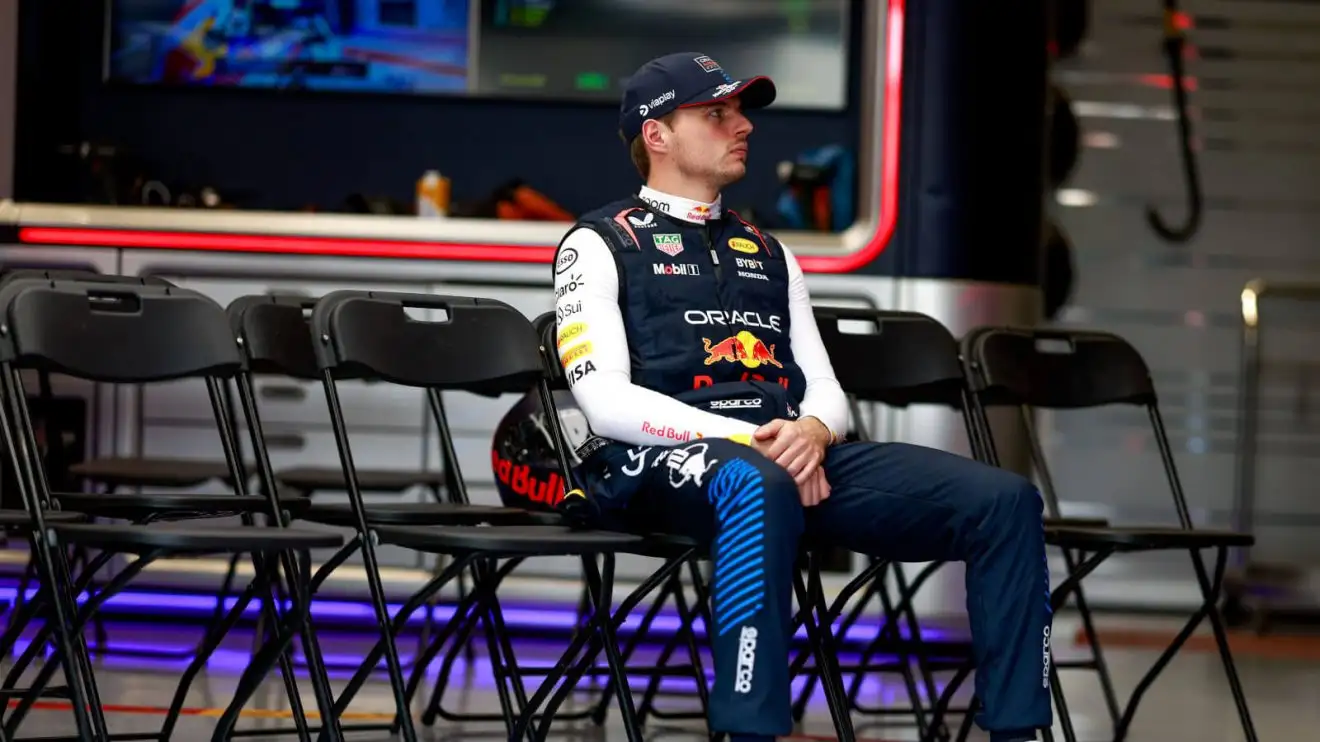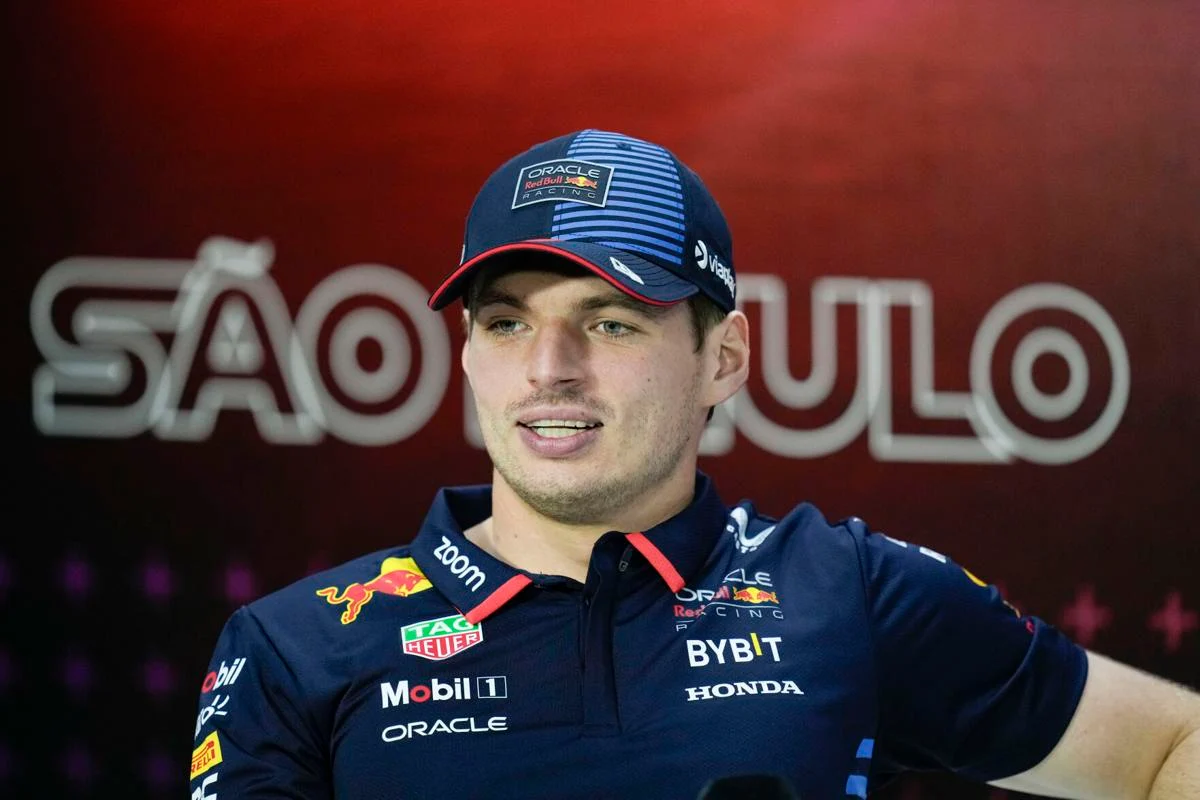In a dramatic qualifying session for the Brazilian Grand Prix, Red Bull’s Max Verstappen and Sergio Perez were unexpectedly knocked out in Q2 after a red flag delay. This was triggered when Lance Stroll crashed his Aston Martin on a wet track, leading to a 40-second delay before race director Niels Wittich called for a red flag. Verstappen was upset by the late red flag, arguing it should have been called immediately to avoid jeopardizing drivers still on track. Red Bull was particularly frustrated as the delay meant their drivers lost critical time to set competitive lap times, ultimately resulting in both Verstappen and Perez being eliminated from the session in 12th and 13th place, respectively.
Former F1 driver Christijan Albers criticized Red Bull’s response, suggesting the team’s approach contributed to their own downfall. He argued that Red Bull could have mitigated the risk by sending their drivers out earlier, as other teams did. For instance, McLaren’s Lando Norris led the pack in Q2 by getting on track early with intermediate tires, setting fast laps, and staying ahead of Red Bull. Albers explained that in unpredictable, wet conditions like those at Interlagos, it’s essential to be proactive rather than risk losing time due to sudden red flags, which is precisely what happened to Red Bull.

Albers went on to say that Red Bull’s confidence in Verstappen’s abilities, which borders on arrogance, played a role in their costly delay. He noted that Red Bull’s strategy seemed to rest too heavily on Verstappen’s skill rather than a more cautious and strategic approach. According to Albers, the team’s reliance on Verstappen’s prowess led them to delay their timing, expecting he would be able to handle the track and conditions regardless of when he went out. However, this overconfidence ultimately backfired as Verstappen had less time to adjust to the wet track and was caught off-guard by the red flag.
This incident highlighted a contrast between Red Bull’s strategy and McLaren’s more measured approach. While Red Bull banked on Verstappen’s abilities, McLaren anticipated the unpredictable conditions and went out early, giving Norris more opportunities to improve his times. As a result, Norris avoided the risk of being eliminated by the session’s red flags and remained competitive. Albers pointed out that Verstappen’s usual edge was diminished by Red Bull’s approach, which left him less prepared for the session’s abrupt end.
Despite this setback, Verstappen demonstrated his skill in the main race, recovering from a 17th place start to win the Brazilian Grand Prix. He finished 20 seconds ahead of Esteban Ocon, showing resilience and determination. Although Red Bull’s qualifying miscalculation cost them track position, Verstappen’s race performance reinforced his talent and competitive spirit. Albers’ critique underlined that, while talent is crucial, a sound strategy is essential, especially in challenging conditions.

